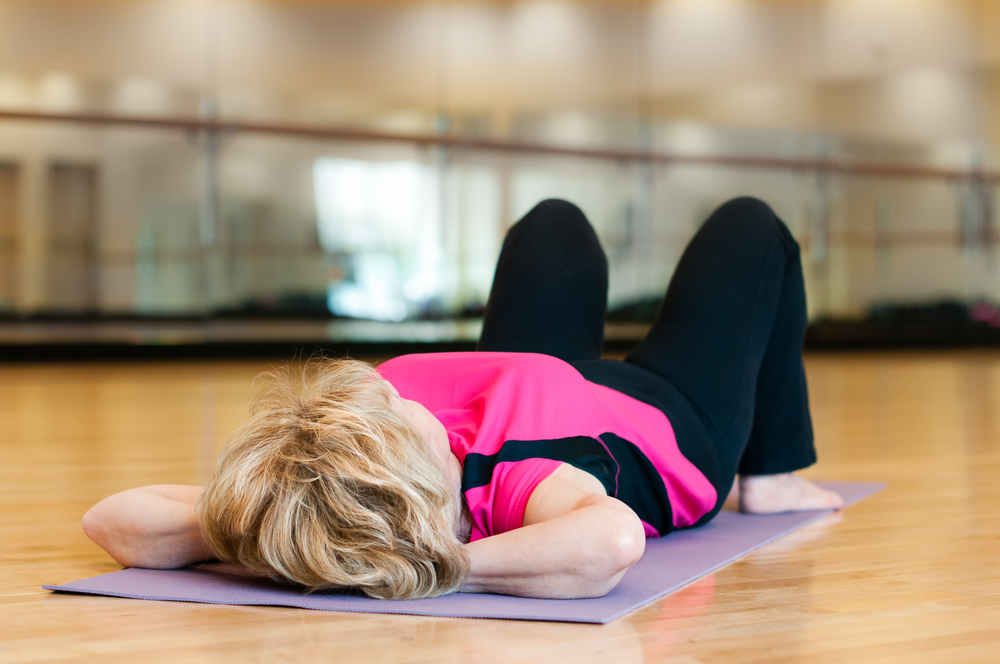Good quality sleep is a cornerstone of overall health and well-being. As we age, many of us find that our sleep patterns may change, making a restful night more elusive. However, there are natural methods and practices that can significantly improve sleep quality. This article explores various strategies, from lifestyle adjustments to natural supplements, that can help in achieving restorative and peaceful sleep.

1. Establishing a Relaxing Bedtime Routine
- Consistency is Key: Going to bed and waking up at the same time every day helps regulate your body’s internal clock.
- Wind Down Activities: Engage in calming activities before bed, such as reading, taking a warm bath, or practicing relaxation techniques like deep breathing or gentle yoga.

2. Creating an Ideal Sleep Environment
- Comfortable Bedding: Invest in a comfortable mattress and pillows. The right bedding can make a significant difference.
- Room Temperature: Keep your bedroom at a comfortable, cool temperature. Around 65°F (18°C) is often recommended.
- Dim Lights and Quiet: Reduce exposure to bright lights before bedtime and ensure your bedroom is quiet. Consider using blackout curtains and earplugs if needed.

3. Diet and Nutrition for Better Sleep
- Avoid Stimulants: Limit caffeine and alcohol intake, especially in the hours leading up to bedtime.
- Sleep-Friendly Snacks: Consider a light snack before bed if you’re hungry. Foods like almonds, walnuts, or a small serving of dairy can be beneficial.

4. Natural Supplements for Sleep
- Melatonin: A popular supplement that can help regulate sleep-wake cycles, especially useful for those with irregular sleep patterns.
- Magnesium: Known for its relaxation properties, magnesium can improve sleep quality, particularly in those with insomnia.
- Herbal Teas: Teas like chamomile, valerian root, and lavender are known for their sleep-inducing properties.

5. Physical Activity and Sleep
- Regular Exercise: Regular, moderate exercise can improve sleep quality. However, avoid intense workouts close to bedtime as they might have the opposite effect.
- Gentle Evening Activities: Activities like stretching or a leisurely walk can help prepare your body for sleep.

6. Mindfulness and Stress Management
- Mindfulness Practices: Techniques like meditation or guided imagery can calm the mind and prepare it for sleep.
- Journaling: Writing down your thoughts or worries before bed can help clear your mind.

Improving sleep quality naturally involves a combination of lifestyle changes, dietary adjustments, and possibly the inclusion of natural supplements. By adopting these practices, you can encourage better sleep patterns, leading to improved health and vitality.
Up Next Our next article will focus on the role of hydration and its impact on health and wellness. We’ll explore why staying adequately hydrated is essential, especially as we age, and provide practical tips for incorporating more fluids into your daily routine.

